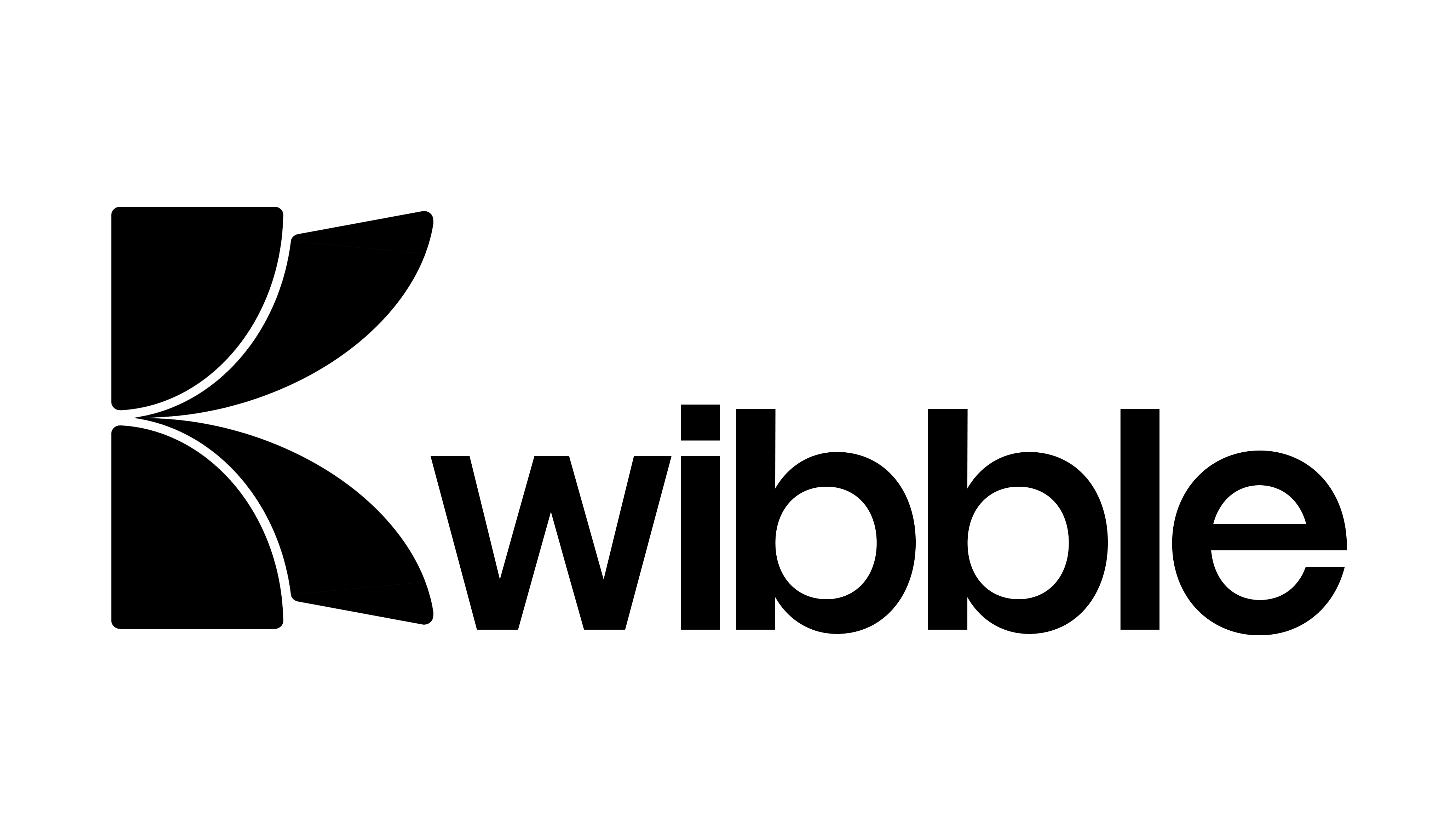The digital age has ushered in a new form of creative expression: the meme. For freelancers and self-employed creatives in the UK, crafting these catchy, impactful images has become not just an art but a profession. But in the game of internet virality, who gets to claim ownership of these digital delights? Navigating the intellectual property (IP) rights surrounding memes can feel like tackling a Rubik's Cube blindfolded, especially with ongoing developments in UK law.
As of 2025, copyright law in the UK automatically protects original artistic works, including digital images like memes, the moment they sparkle into existence on your screen. But while the creation of these memes might be a simple process of wit and graphic prowess, understanding who owns that meme, especially when it becomes a sensation across platforms, is a mix of law and strategy.
Copyrights and Contracts: The Legal Landscape
In the UK, the default position is that the creator, often the freelancer, retains the copyright of the work unless there’s something in writing that bucks that default. So, if you’re a freelancer creating memes, you may automatically own those quirky little masterpieces. But beware! The murky waters start to churn if you create a meme during a commission, for example, working for a company or a brand. What rights do they have over your work? Typically, unless there's a clear agreement, they might only have an implied licence, meaning they can use the meme as intended when commissioned, but not go beyond that use [1][2].
The need for clear contracts cannot be understated. A High Court ruling in 2024 showcases this beautifully. A freelancer successfully claimed copyright infringement after a brand went meme-wild, repurposing their creation beyond the original contract's scope. This underscores the necessity of having agreements that spell out exactly what's on and off the table regarding ownership and usage [3].
Enforcing Rights and Embracing New Technologies
Now, let’s tackle an interesting conundrum. Memes are inherently designed to spread, rapidly reaching corners of the internet you wouldn't even think to check. The very nature that makes them go viral also makes controlling and enforcing your rights a Herculean task. Copyright law applies technically, but policing this is probably as much a practical challenge as it is legal. However, don't despair. Some freelancers are exploring NFTs (Non-Fungible Tokens) as a modern armour to protect and monetise their creations. Yet, the waters around the legal status of NFTs remain murky [3][4].
For content creators, protecting memes stretches beyond relying solely on law. Consider adding watermarks or metadata to your memes as digital fingerprints. This might seem slightly intrusive at first, but it could be the evidence you need to claim authorship if ever contested [5].
Practical Considerations for Freelancers
Before you submit that masterpiece to your client or unleash it to the wild online jungle, pause for a moment. Consider drawing up a comprehensive contract. It might sound as thrilling as watching paint dry, but clearly defined terms regarding ownership, usage rights, and compensation are more effective than the finest insurance spyware installed secretly into every pixel.
Additionally, don’t ignore the power of the exceptions. The UK law acknowledges 'fair dealing' exceptions, which means you could reuse certain meme elements for parodies or critiques without infringing on rights [5]. Having a clear grasp of these nuances means you can strategically craft memes that aren't just quick flashes online but have a sustainable, protected lifespan.
Conclusion: Securing Your Meme’s Legacy
So, in the wild, unpredictable world of digital content, what can a UK freelancer do to ensure they retain control over their memes? Understanding your IP rights is crucial. While it is comforting to know you automatically own the copyright to your original creations, ensuring comprehensive, clear agreements when working with clients is absolutely essential. Clarify who retains ownership, and what usage rights are being granted, and define compensation accordingly.
By proactively setting these boundaries, you're not only protecting your intellectual property but also enhancing your professional reputation in an environment where memes are constantly on the brink of being misused. Stay informed, stay protected, and you'll not only own your creative masterpieces but also guide them on the best path to viral success while securing your ownership along the way.
Sources:
1. UK Intellectual Property Office, February 2025 - https://www.gov.uk/guidance/copyright-protection-for-digital-works
2. Federation of Small Businesses, January 2025 - https://www.fsb.org.uk/resources/freelancer-intellectual-property-rights.html
3. Taylor Wessing LLP, March 2025 - https://www.taylorwessing.com/en/insights-and-events/insights/2025/03/meme-copyright-uk-case-law-update
4. IPSE (Association of Independent Professionals and the Self-Employed), February 2025 - https://www.ipse.co.uk/advice/intellectual-property-for-freelancers.html
5. Federation of Small Businesses, January 2025 - https://www.fsb.org.uk/resources/freelancer-intellectual-property-rights.html






